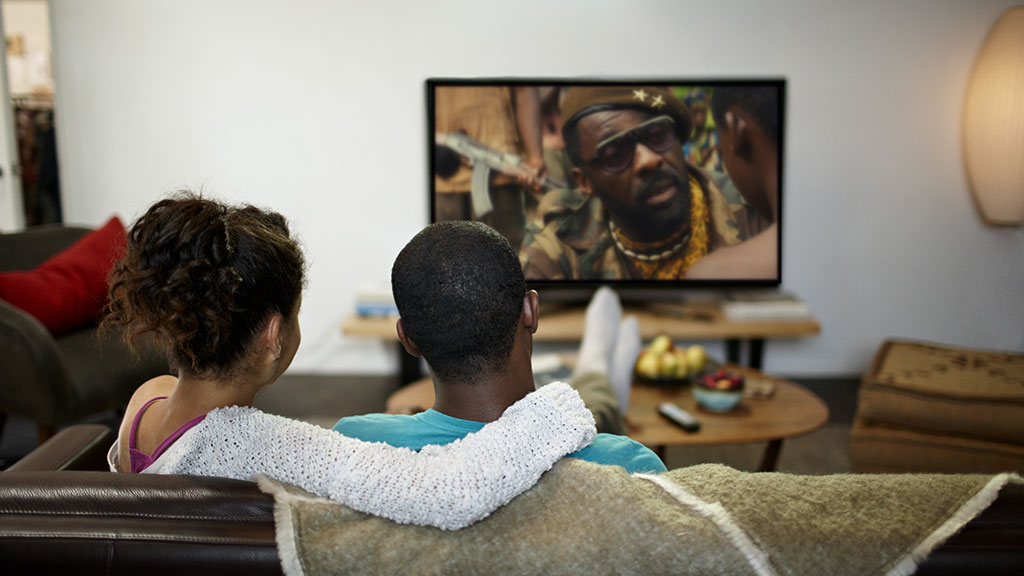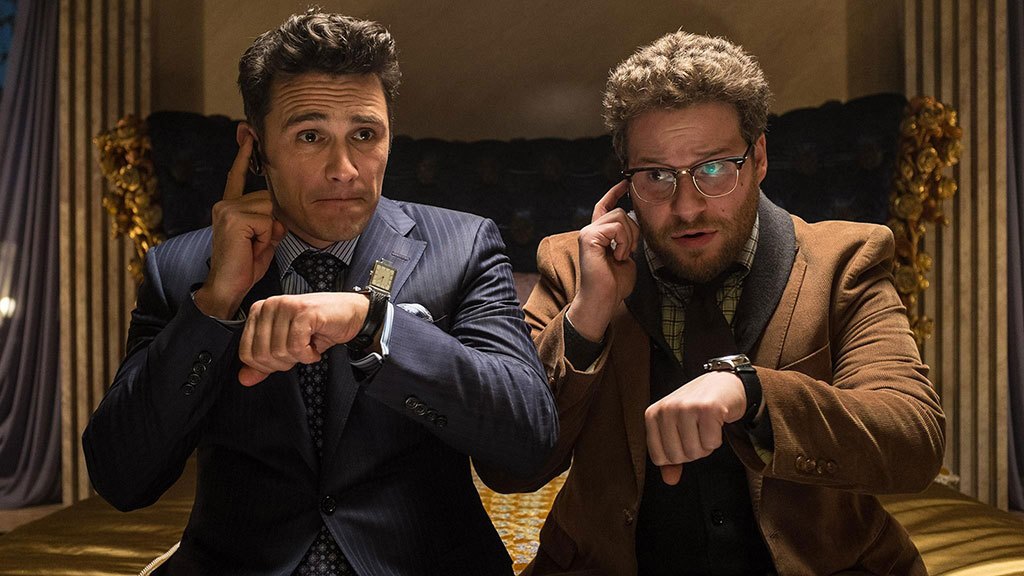Why on-demand is the future of cinema
Beasts of No Nation has shown us the light

I've always been an avid cinephile, a lover of the entire moviegoing experience. Ever since I was a child, I've made a habit of seeing at least one new movie per week in a cinema.
But over the past few years ticket prices have skyrocketed, audience members have become more annoying and quality films have been pushed aside in favour of mega-budgeted nonsense. The act of going to an actual theatre has started to lose a lot of its lustre for me.
As we move toward an era where franchises and special effects films dominate the local multiplex, the idea of staying home to watch smaller, character-driven films is becoming more and more appealing.
While the release of new films via the video on demand model has been around for some time, there's always been a low-budget stigma attached to it that would suggest these movies would've gone straight to video anyway.
Thankfully, the simultaneous theatrical and streaming release of Netflix's first original film, Beasts of No Nation – plus several other films soon to be released – are causing that notion to evaporate.
Better than previous VOD attempts

One of the things that has held concurrent theatrical/VOD releases back in the past (aside from the D-grade movies generally on offer) is that they've always carried a price of admission.
One exception to this rule is last year's VOD release of the Seth Rogen and James Franco-starring film, The Interview, which brought in US$31 million in VOD sales alone (though the film was forced into that situation after it supposedly inspired the notorious Sony Pictures hacking last November).
Get daily insight, inspiration and deals in your inbox
Sign up for breaking news, reviews, opinion, top tech deals, and more.
While that figure is impressive compared to the VOD releases that have come before it, it's considerably less money than it would've made had the film received a traditional theatrical release.
With Beasts of No Nation, Netflix has removed the price obstacle entirely, making the film available to the service's 69 million subscribers worldwide at no additional cost.
Now that the audience's barrier for entry has been removed, the only thing stopping Netflix subscribers from watching Beasts of No Nation is disinterest.
Admittedly, this release model makes it difficult to quantify the success of Netflix's film, as there isn't really a box-office style number that can be attributed to it.
The question is: does that really matter? As long as Netflix uses these films to attract new subscribers and keep the ones it already had, it will keep making money, and its original movies will be carried by the platform's overall success.
Netflix knows that the future of cinema is moving in this direction, and investing heavily in it now will enable it to be the service that sets the standard for the next hundred years.
A night in at the movies

No matter how good the seats are at your local cinema, nothing beats the comfort of your own lounge room.
If you want to watch a movie in your pyjamas without looking like a weirdo, you can. If you want to eat something that isn't ridiculously over-priced junk, you can do that, too. If you need to go to the bathroom, you can pause and not miss a thing. You can even talk and use your phone without bothering anybody.
Aside from the extra comfort and freedom afforded to you at home, you're also free from obnoxious audience members who threaten your enjoyment of a film, whether it be parents who bring screaming infants to horror films, people who loudly rustle chip packets for minutes on end, giant heads right in front of you, texters, talkers, inappropriate laughers (that's a thing, I assure you) and even loud breathers.
Technical difficulties aside, the main thing that can ruin your chances of enjoying a new-release movie in a theatre is other people, so why not remove the audience from the equation?

Stephen primarily covers phones and entertainment for TechRadar's Australian team, and has written professionally across the categories of tech, film, television and gaming in both print and online for over a decade. He's obsessed with smartphones, televisions, consoles and gaming PCs, and has a deep-seated desire to consume all forms of media at the highest quality possible.
He's also likely to talk a person’s ear off at the mere mention of Android, cats, retro sneaker releases, travelling and physical media, such as vinyl and boutique Blu-ray releases. Right now, he's most excited about QD-OLED technology, The Batman and Hellblade 2: Senua's Saga.